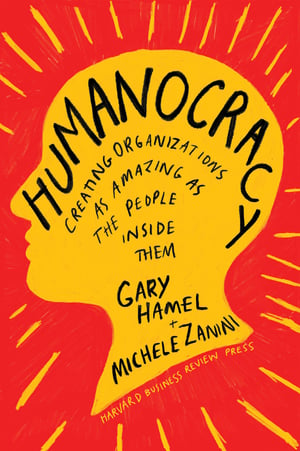 Scaling Up author Verne Harnish described Humanocracy, authors Gary Hamel & Michele Zanini, as one of the most insightful and game changing books for the future.
Scaling Up author Verne Harnish described Humanocracy, authors Gary Hamel & Michele Zanini, as one of the most insightful and game changing books for the future.
Humanocracy goal is to create an environment where everyone is inspired to give their best.
Sound Idealistic?
Humanocracy provides Morning Star, 3M, Nucor, Haier, Vinci, W.L. Gore, Google, and Bridgewater Associates to exemplify practices to humanize your business.
Bureaucracy is the enemy of Humanocracy. Many of the challenges and accounts of crippling bureaucracy in the book are from larger organizations.
Midsized businesses should be alert to the looming issues growth brings. As a business grows, the desire to control, bring consistency, and predictability often lead to bureaucracy. Unless your organization is pint-sized or truly exceptional, you probably tilt toward the right side of the scale below.
Score your organization on these 7 dimensions.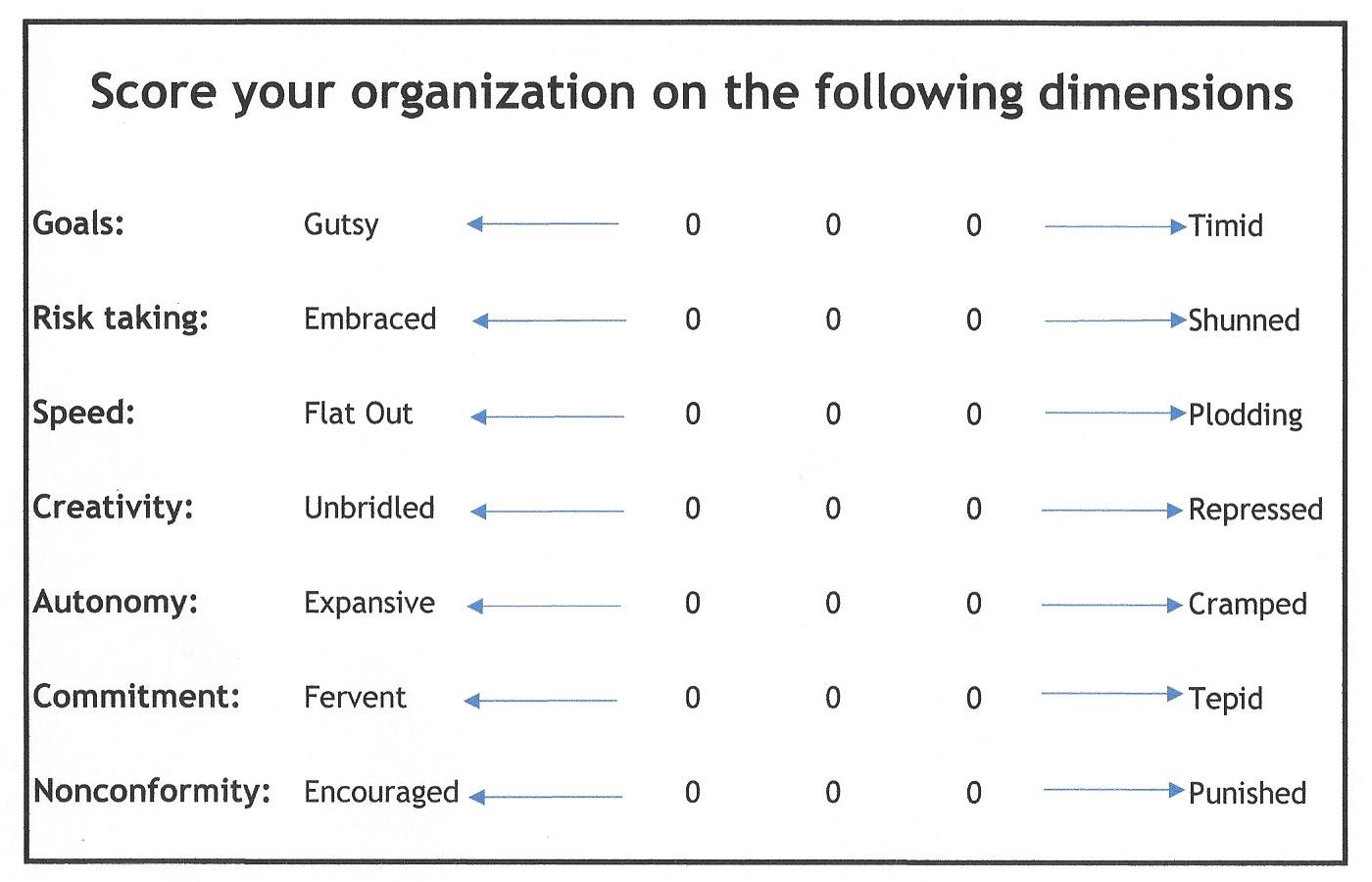
Does your organization lack courage, creativity, and passion?
If so, how did this become reality?
Humanocracy’s answer: “it’s all we’ve ever known. To one degree or another, every organization is diffident and dogmatic. Even world-beating companies seem burdened with intrinsic inadequacies.”
Let’s explore one aspect of Humanocracy.
Bureaucracy Threatens Meritocracy
Meritocracy raises the returns on talent by ensuring that individuals are free to contribute and succeed, whatever their social rank or personal connections. What’s troubling is bureaucracy—the world’s most ubiquitous social structure—systematically undermines the cause of meritocracy.
Meritocracy, according to Humanocracy authors Gary Hamel, Michele Zanini is, “those with exceptional capabilities get promoted over those who are less accomplished.”
The dictionary defines Meritocracy as: an elite group of people whose progress is based on ability and talent rather than on class privilege or wealth.
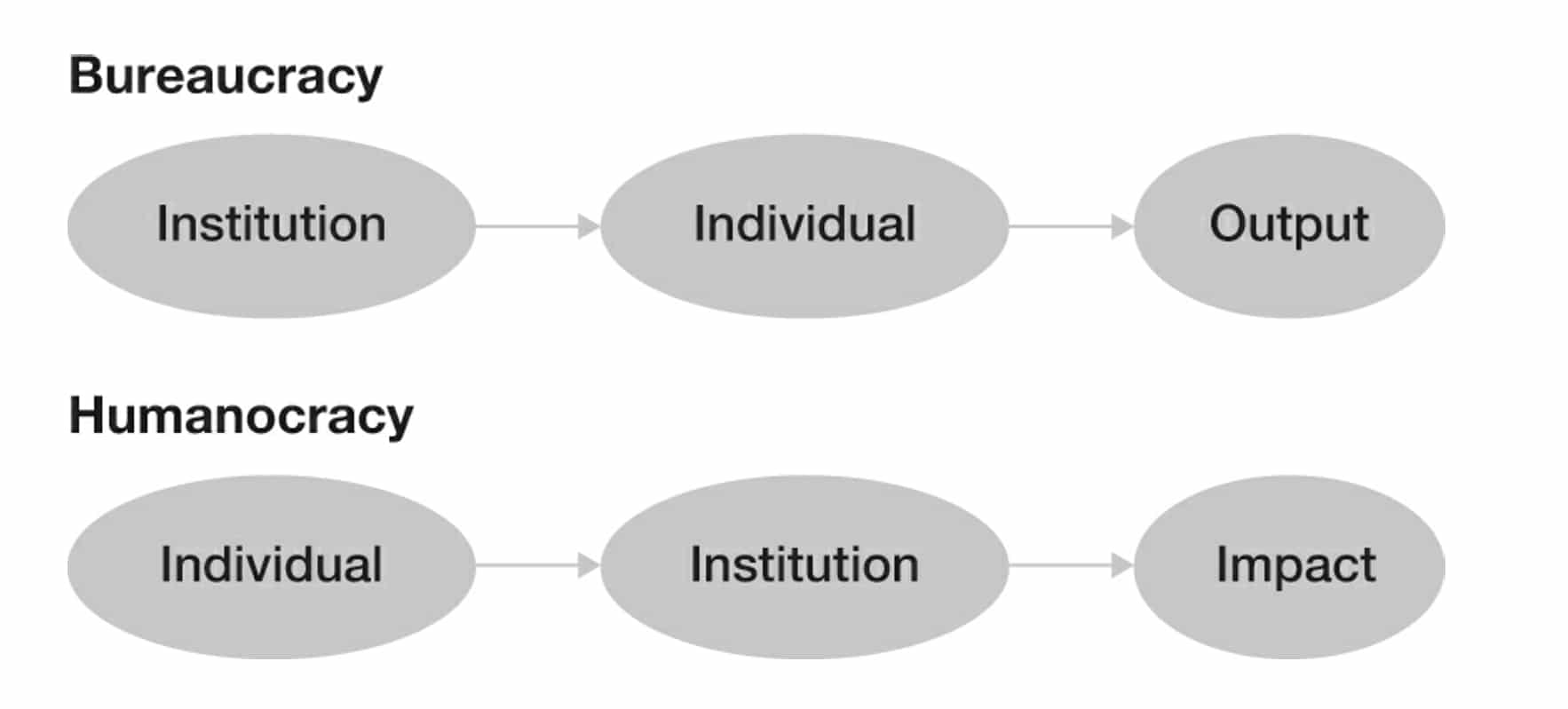 Hamel and Zanini note, “Prejudice and poverty still prevent millions of individuals from achieving their potential. But unlike our pre-Enlightenment forebears, we see this as a lamentable failing rather than the hand of fate.
Hamel and Zanini note, “Prejudice and poverty still prevent millions of individuals from achieving their potential. But unlike our pre-Enlightenment forebears, we see this as a lamentable failing rather than the hand of fate.
Even as we work for equality of opportunity, we acknowledge the indisputable value of meritocracy. We’re glad that the licensing of physicians depends on exams rather than the socioeconomic status of medical students. We celebrate athletic accomplishments because we know the winners didn’t buy their way onto the podium. We trust the findings of science because studies are subject to peer review. We welcome the fact that you don’t need to be Hollywood royalty to win a million hits on YouTube.
Meritocracy raises the returns on talent by ensuring that individuals are free to contribute and succeed, whatever their social rank or personal connections.
In theory, a bureaucracy is a ranking of merit where those with exceptional capabilities get promoted over those who are less accomplished. In practice, organizations seldom come remotely close to achieving this ideal.
The authors share several practices that impede meritocracy. I’ve highlighted two.
Exaggerated Competence
We tend to overestimate our abilities and underestimate our faults. In one survey, 84 percent of middle managers and 97 percent of executives claimed to be among the top 10 percent of performers in their organization.
It’s called the Imposter Syndrome.
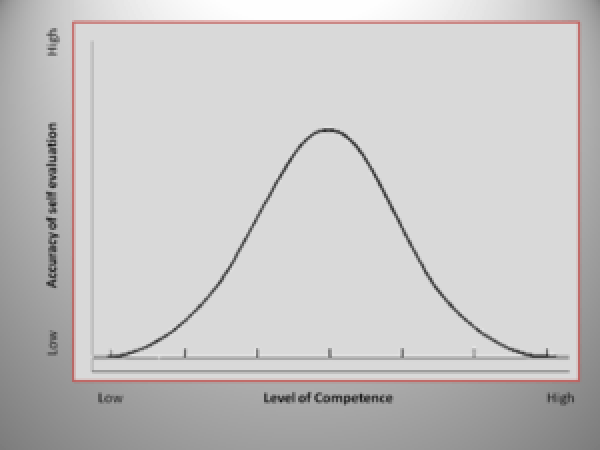
What you see here is that people with very high competence misjudge their skill to be higher than it is, while people who have high levels of competence misjudge it to be lower. People who brag about their skills are usually not nearly as competent as they would lead you to believe, while people with unique and valuable skills often downplay or ignore their abilities.
The inclination to self-aggrandizement is universal, it’s particularly pronounced at the top. WHY?
First, highly confident people tend to have an advantage in competing for power. Research shows that in judging the competence of others, we’re heavily influenced by bluster. The more confident someone appears, the more likely we are to believe they’re genuinely capable, whether that’s true. In case you had any doubt, research indicates, it really is possible to bullshit your way to the top.
Second, in a formal hierarchy, power relationships are highly asymmetric. Managers have a lot more control over their subordinates than the reverse. This makes it risky to question a superior’s competence. Power differentials encourage acquiescence, which leaders often mistake for agreement. It’s more gratifying to believe that a sea of nodding heads means assent than the hypothesis one’s subordinates are buying career insurance. In the presence of the powerful, discomforting facts get ignored, contrary opinions go unexpressed, and doubts about executive competence are raised only in hallway whispers.
Third, hierarchy promulgates unrealistic assumptions about executive competence. Among those who subscribe to a top-down view of authority, there’s a common belief that “big” issues are the sole preserve of “big” leaders. While it’s true that the senior leaders are ultimately accountable for strategy, it doesn’t follow that they’re the best ones to create it.
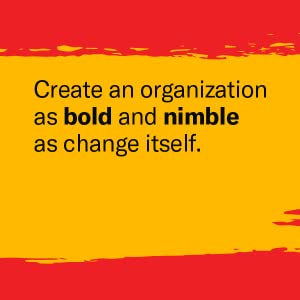 Take the case of Jeff Immelt, the chairman and CEO of General Electric from 2001 to 2017. GE’S COMPLETE LEADERSHIP FAILURE
Take the case of Jeff Immelt, the chairman and CEO of General Electric from 2001 to 2017. GE’S COMPLETE LEADERSHIP FAILURE
Assumptions of exaggerated executive competence are endemic to bureaucracy—a fact that undermines the quality of decisions and, over time, erodes the confidence of employees in their leaders.
Misjudged Competence
While we struggle to be objective about our own capabilities, we score even worse when it comes to judging the abilities of others. Research shows our assessments usually say more about us than those we’re evaluating. This phenomenon has its own name—idiosyncratic rater bias which we shared in Lie 6: People Can Reliably Rate Other People - Idiosyncratic Rater Effect
Finding the right people, developing, and organizing them within the right set of rules, organization, and accountability is key to your success. To explore tools and resources to help your team achieve, contact us today to schedule a free exploratory meeting.
Growth demands Strategic Discipline.
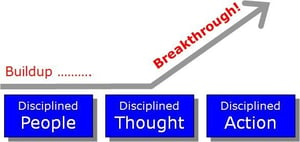 To build an enduring great organization, requires disciplined people, disciplined thought, disciplined action, to produce superior results, and make a distinctive impact in the world.
To build an enduring great organization, requires disciplined people, disciplined thought, disciplined action, to produce superior results, and make a distinctive impact in the world.
Discipline sustains momentum, over a long period of time, laying the foundations for lasting endurance.
-2.jpg?width=300&name=3%20Disciplines%20of%20Execution%20(Strategic%20Discipline)-2.jpg) A winning habit starts with 3 Strategic Disciplines: Priority, Metrics and Meeting Rhythms. Forecasting, accountability, individual, and team performance improve dramatically.
A winning habit starts with 3 Strategic Disciplines: Priority, Metrics and Meeting Rhythms. Forecasting, accountability, individual, and team performance improve dramatically.
Meeting Rhythms achieve a disciplined focus on performance metrics to drive growth.
Let Positioning Systems help your business achieve these outcomes on the Four most Important Decisions your business faces:
|
DECISION |
RESULT/OUTCOME |
|
PEOPLE |
|
|
STRATEGY |
|
|
EXECUTION |
|
|
CASH |
|
Positioning Systems helps mid-sized ($5M - $250M) business Scale-UP. We align your business to focus on Your One Thing! Contact dwick@positioningsystems.com to Scale Up your business! Take our Four Decisions Needs Assessment to discover how your business measures against other Scaled Up companies. We’ll contact you.
NEXT BLOG – Meritocracy, Getting Started
You can’t build a robust meritocracy until your formal hierarchy gives way to natural hierarchies that are less imperious and rigid. Next blog steps for building a genuine meritocracy in your organization.






.jpeg?width=150&height=135&name=Hand%20with%20marker%20writing%20the%20question%20Whats%20Next_%20(1).jpeg)

